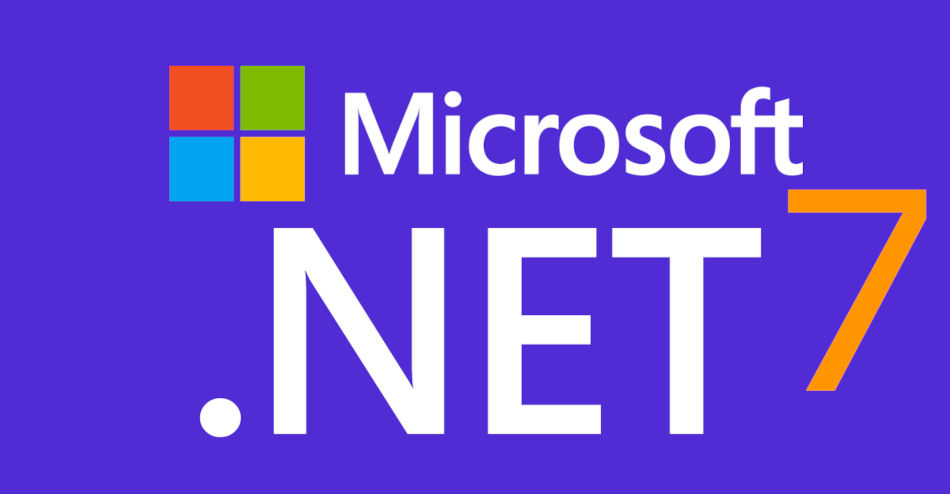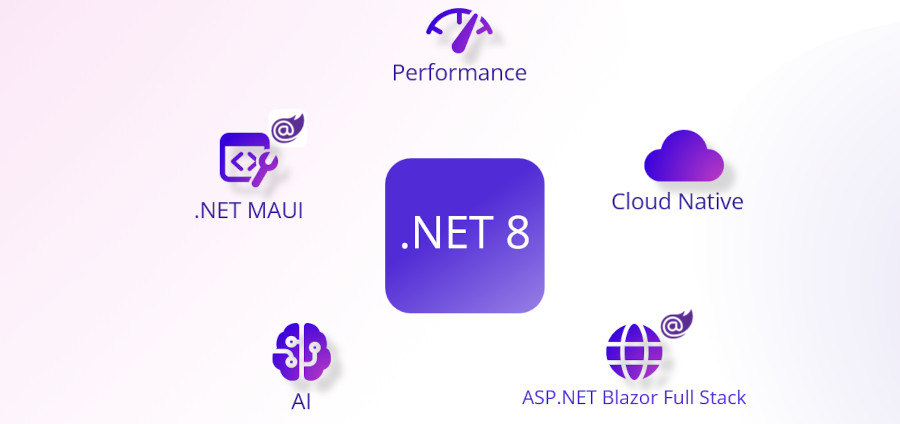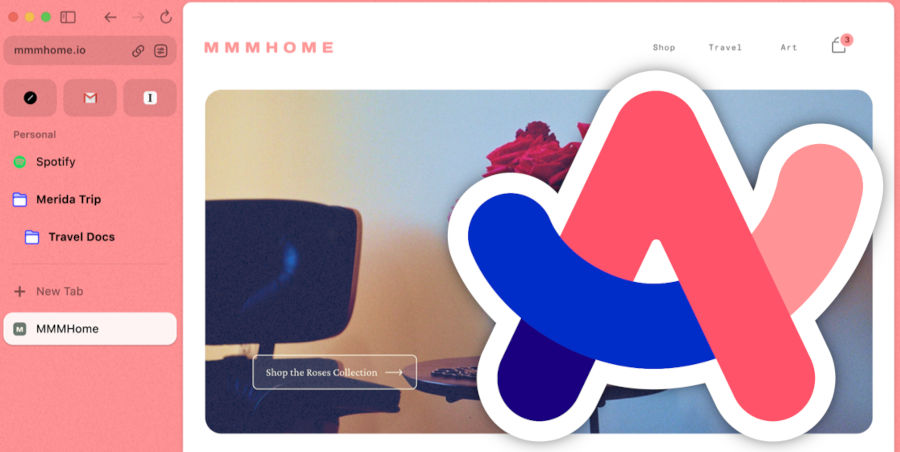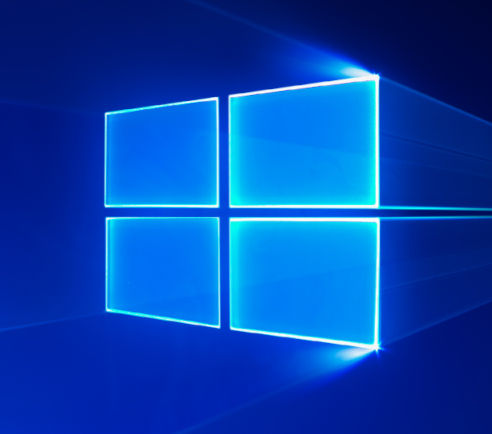
Microsoft Will End Support for .NET 7 on May 14
Implications of Microsoft's End of Support Announcement and the Imperative of Upgrading to .NET 8
NEWS Windows March 28, 2024 Reading time: 2 Minute(s)
For developers entrenched in Microsoft's .NET 7 ecosystem, a pivotal juncture has emerged—one that demands careful consideration and swift action. With Microsoft's recent declaration of the end of support for .NET 7, developers must confront the reality of an impending transition.
Microsoft's announcement, articulated through a blog post, delineates a decisive timeline: official support for .NET 7 will end after May 14, 2024. This signifies an 18-month support window, aligning with the Standard Term Support (STS) protocol observed for odd-numbered iterations of .NET. Notably, the synchrony with Patch Tuesday underscores the gravity of this transition, with a potential final update for .NET 7 slated for this date.
After May 14, the ramifications for applications reliant on .NET 7 are multifaceted:
- Continued Functionality: While applications built on .NET 7 will persist in operation, they will be devoid of crucial security updates.
- Security Vulnerabilities: The absence of new security patches exposes applications to potential vulnerabilities, compromising their integrity and user data security.
- Diminished Support: Technical assistance for .NET 7 applications may become elusive, impeding developers' ability to troubleshoot and optimize their software solutions.
- Visual Studio Integration: Microsoft further amplifies the shift by designating .NET 7 components in Visual Studio as out of support, emphasizing the need for developers to migrate to newer versions for seamless integration and compatibility.
Acknowledging the urgency of this transition, Microsoft advocates proactive engagement between developers and application providers.
Developers are encouraged to collaborate with software vendors or creators to ascertain the availability of updated versions leveraging .NET 8, thus fortifying their applications against impending vulnerabilities and obsolescence.

Speaking of .NET 8, its advent in November 2023 heralds a contemporary framework poised to bridge the transition gap. With an end-of-service date slated for November 2026, .NET 8 emerges as a robust successor, primed to meet evolving development requisites.
Moreover, Microsoft's unveiling of the inaugural preview version of .NET 9 in February 2024 signals an anticipatory stride towards innovation. While .NET 9's official release is slated for November 2024, its inception foreshadows a trajectory of continuous advancement, underscoring Microsoft's commitment to empowering developers with cutting-edge tools and technologies.
In essence, the denouement of support for .NET 7 serves as a clarion call for developers to recalibrate their developmental paradigms. Embracing the transition to .NET 8 not only mitigates security vulnerabilities but also fosters resilience and innovation in an ever-evolving digital landscape.
IMAGES CREDITS: MICROSOFT
NET 7 NET 8 NET 9 Microsoft Software Development Security Visual Studio Developer Tools Technology News RSMax
*Our pages may contain affiliate links. If you buy something via one of our affiliate links, Review Space may earn a commission. Thanks for your support!
CATEGORIES

























COMMENTS